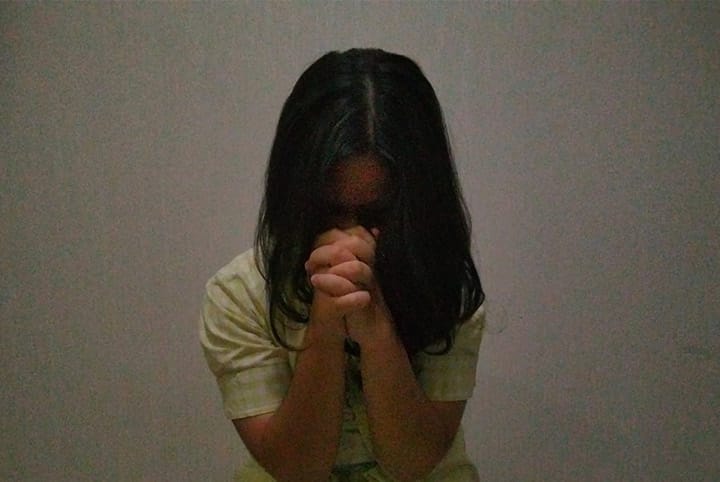Human history often shows a recurring habit: we are given much, but easily forget; we are helped, but quickly turn back; we are filled, but still feel lacking. This reality was evident in the life of the Israelites, and it is also close to our world today. We live in an era of technological advancement and freedom of information, but still get caught up in the new idolatry, in the form of money, power, popularity, which replaces God as the center of life. Psalm 78 is a reflection on the stubbornness and fragility of mankind, confronted with God's enduring patience and providence.
Aaph in this Psalm recalls the tragedy at Shiloh, when the Israelites who had settled in the Promised Land betrayed God. They were likened to a "bow that turned back", looking strong, but failing to hit the mark. They turned to the gods of Canaan, built “shrines” and worshiped images. As a result, God left His tent, and the ark of the covenant was taken by the enemy (1 Samuel 4). The defeat was more than a military defeat, it was a loss of glory, hence the name Ichabod, which means "the glory has left Israel." However, even though the people failed to preserve God's glory, God Himself preserved His glory. Even at the temple of Dagon, God demonstrated His power by pulling down the idol and humiliating the Philistines (1 Samuel 5). The message is clear, God's faithfulness cannot be imprisoned by human unfaithfulness.
The psalm then closes on a hopeful note. God is reorganizing the history of His people. He rejected Shiloh and Ephraim, chose Zion as the center of worship, and chose David as the shepherd. From a simple shepherd boy, God built a leadership rooted in sincerity of heart and deftness of hand. Behind Israel's failures, God opened new paths, showing that He never gives up on His people. This history is not mere nostalgia, but a recurring divine imprint: when humans fail, God designs a new beginning.
Friends of the Bible, if we look at Psalm 78 as a whole, we find a trail of wisdom intertwined. From the call to listen to instruction (verse 1 –11), the warning not to doubt God (verse 12 –22), the rebuke of insatiable hunger (verse 23 –37), the acknowledgment of God's unfailing faithfulness (verse 38 –55), to finally the rebellion that is rewarded with providence (verse 56 –72), all describe the dialectic of fragile human faith facing God's steadfast love. So, we are invited to choose: will we continue to be the bow that turns back, or let God mold us into a faithful people?"
This is where the news of hope is real: God's love does not end in rebuke, but bears fruit in providence. Though we often fall into rebellion, into selfishness, doubt, or unfaithfulness, God still opens the way home and provides a shepherd to guide us. Our simplest and most important response, then, is to learn to be faithful in small steps: to listen humbly, trust sincerely, and walk with an open heart. For our rebellion only finds an answer in His unfailing care.






















